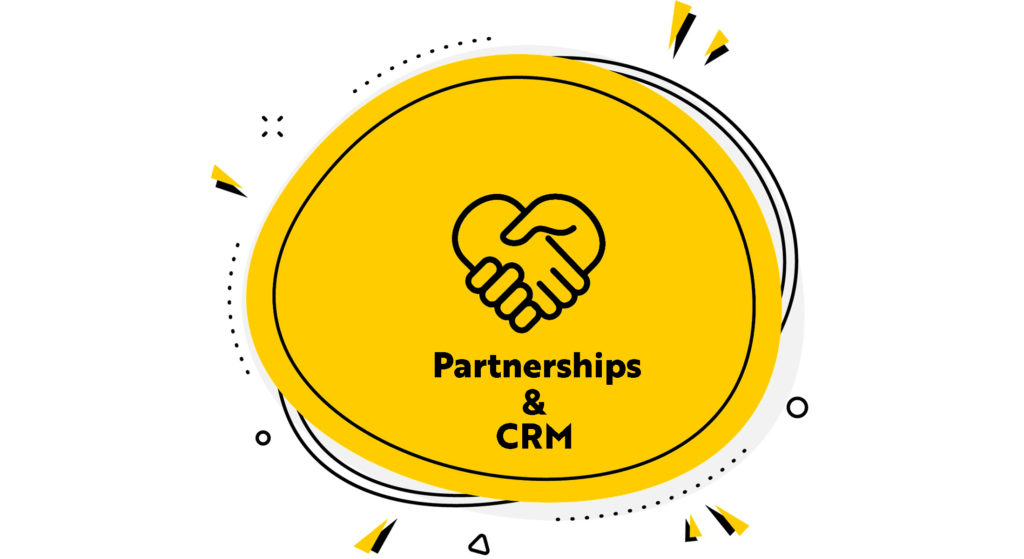
Understanding, business relationship management includes several facets and needs. Of course, there are the basis to satisfy purpose. However, we need to set the tone when structuring terms, while we negotiate and finalize legal. Yet, we must appreciate the capability to evolve organizational culture, expand the relationship, delight clients and drive value .
Negotiations
First, a solid agreement by which a seller promises to supply all of the specified goods or services is required. Chiefly, the negotiation and definition of the terms establishes the relationship. Of course, this includes points as buyer needs over a certain time, at a fixed or variable price (as per nature of the business). Ultimately, the buyer agrees to purchase such goods or services from the seller during that time. Undoubtedly, the negotiation of the contract is important. Overall, it sets objectives, helps understand the supplier’s position and the employment of suitable tactics. The agreement settles the obligations of both parties and lays down the definite path of future transactions or purchase order and payments.
Creating Value and Expanding Relationships
A partner ecosystem allows organizations to focus on co-creating value. First, this value is expressed in exceptional customer experiences. Consequently, it extends to outstanding partner experiences. Undoubtedly, PartB2B ecosystem is strategically formed. Indeed, they work together to deliver mutual benefits to their companies. For this reason, this network of partners nurture market opportunities. Whether via account mapping, co-selling, and co-marketing, partnership expansion and building ecosystems are key for success.
The Importance of Vertical Integration
To illustrate Partnerships and CRM Management at strategic level, Innovation, R&D and other Vertical Integration is essential. Indeed, co-innovation allows strengthening the potential. Simultaneously, partners explore new ways to create solutions to address critical and emerging customers’ needs. Certainly it is particularly important to study and prepare a plan and resource. In many cases, this aspect of Business Development, justifies investor’s interests. But most importantly, innovating is critical to maintaining relevance with customers, and also to achieving the growth goals of partners and providers alike. According subject matter experts, the future of their business depends on a provider-partner ecosystem that fosters innovation.
For example, let’s take the Food Services industry. As noted, CSC worked with several leaders to analyze and deliver solutions here. As providers and vendors work together to solve business problems, we delivered different solutions based on business model. In some cases, providers and partners planned go to market, and deliver outcomes collaboratively with existing platforms. Even so, tailored solutions were determined in others. Where customization prevailed, we saw optimum results a broader ecosystem for deep product management. For instance, in a nuanced traceability database for Food Services like Sysco, a significant resources allocation is justified. In conclusion, providers need to coordinate their investments with their partners to ensure alignment on how to meet customer expectations and maximize positive business outcomes.
Partnerships and CRM Management – Customer Experience
CX is an integral part of Customer Relationship Management (CRM). Customers who have a positive experience with a business are more likely to become a repeat and loyal customer. In addition, CX is a prominent aspect of the interaction and experience for Client Services. First, it manages the customer journey, from first contact to becoming a happy and loyal customer. Furthermore, CX scales revenue growth and achieve profitability. In fact, top industry experts believe CX impacts the willingness of a customer to be a loyal advocate. In summary, for customers to stay loyal, invest in their experience is crucial.